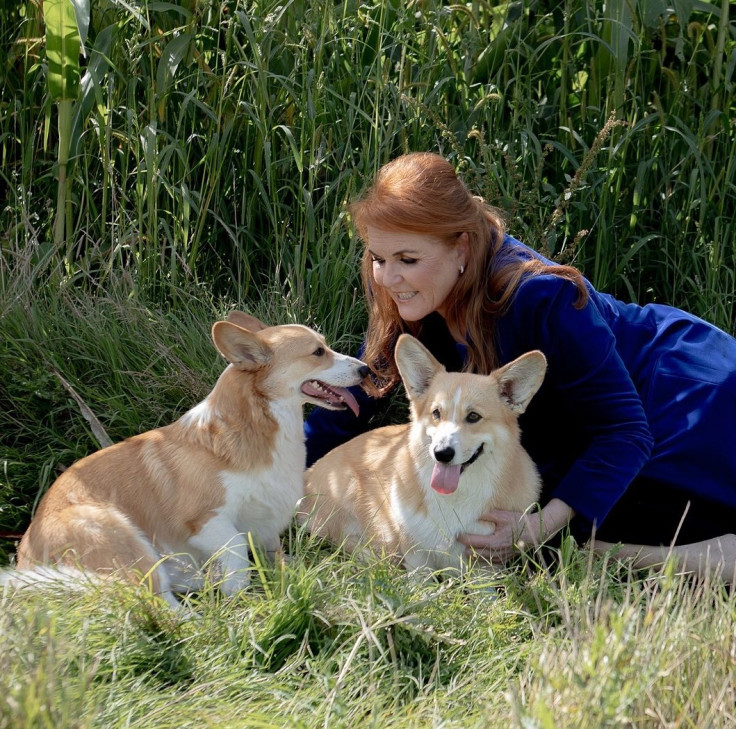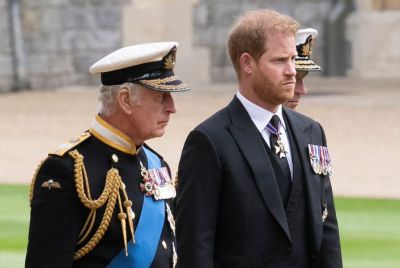Sarah Ferguson 'Barely Holding It Together' As Close Friends Worry Over Her Loneliness
Friends' concerns meet Ferguson's own words; a closer look at the evidence

Sarah Ferguson's private struggles have fuelled growing concern among those close to her, with friends reportedly fearing the duchess is increasingly isolated and lonely.
For decades, Sarah, the Duchess of York, widely known as Fergie, has been a public figure whose personal life has played out in the headlines. In recent months, several tabloid reports have claimed close friends are 'worried' she is 'barely holding it together', citing observations of withdrawn behaviour and fewer public engagements.
Those reports sit uneasily alongside a string of primary interviews in which Ferguson speaks candidly about health battles, enduring loyalties, and the emotional toll of public life, offering a more complex picture than the sensational headlines suggest.
What Ferguson Has Said About Her Life
In interviews this year, Ferguson has been unusually open about personal matters, from her long-standing affection for her ex-husband, Prince Andrew, to her battles with cancer and the solace she finds in family and charity work.
In a substantial interview with The Times, she declared she 'would do it all over again, 100 per cent' when speaking of her marriage to Andrew, a remark that underlines the emotional loyalties she continues to maintain. That same interview addressed her health struggles and family priorities, and is one of the clearest primary sources for understanding her own perspective.

Ferguson has also taken part in televised and recorded conversations hosted by charities and broadcasters, including a Peace One Day discussion and an ABC 7.30 appearance, where her presentation alternates between buoyant public campaigning and more reflective, intimate disclosures about grief and resilience.
These appearances matter because they are direct, attributable sources. They show Ferguson as an active campaigner and communicator, not solely the subject of second-hand commentary.
Friends' Concerns, Tabloid Framing
Those who have spoken to the press, unnamed 'close friends' quoted in tabloid reporting, suggest Ferguson has been behaving differently of late, withdrawing from social circles, appearing sadder in private, and prioritising domestic life over the social whirl that once defined her public role.
Tabloid narratives are often drawn from anonymous sources; they may be accurate, but they also require corroboration.
When examined directly, Ferguson's own words complicate the simple portrait of a woman in freefall. Across multiple primary interviews, she discusses surviving breast and skin cancer, grieving friends' losses, and the strain of living with intense public scrutiny. She speaks of devotion to family and to certain causes, which she frames as sources of purpose and comfort.
Those testimonies do not negate her friends' claims of loneliness; instead, they suggest a woman negotiating public duty, private loyalty, and the aftershocks of personal trauma. Reporting that highlights only the lurid or sympathetic angle risks missing that nuance.

Ageing, Public Life and Privacy
The issues described by friends are also common to many public figures of a certain age: changing roles after middle age, reduced social networks as family responsibilities and health demands shift, and the particular vulnerability that comes when an individual's private life is a matter of public appetite.
Ferguson's continued visibility — book launches, charity work, and television interviews — indicates ongoing engagement, even if the frequency or style of that engagement has changed. That pattern matches the behaviour of many public personalities who adapt rather than disappear.
Friends' worries about Sarah Ferguson's loneliness are real and newsworthy, but they must be weighed against the duchess's own primary statements and public activity to produce fair, evidence-based reporting.
© Copyright IBTimes 2025. All rights reserved.



















